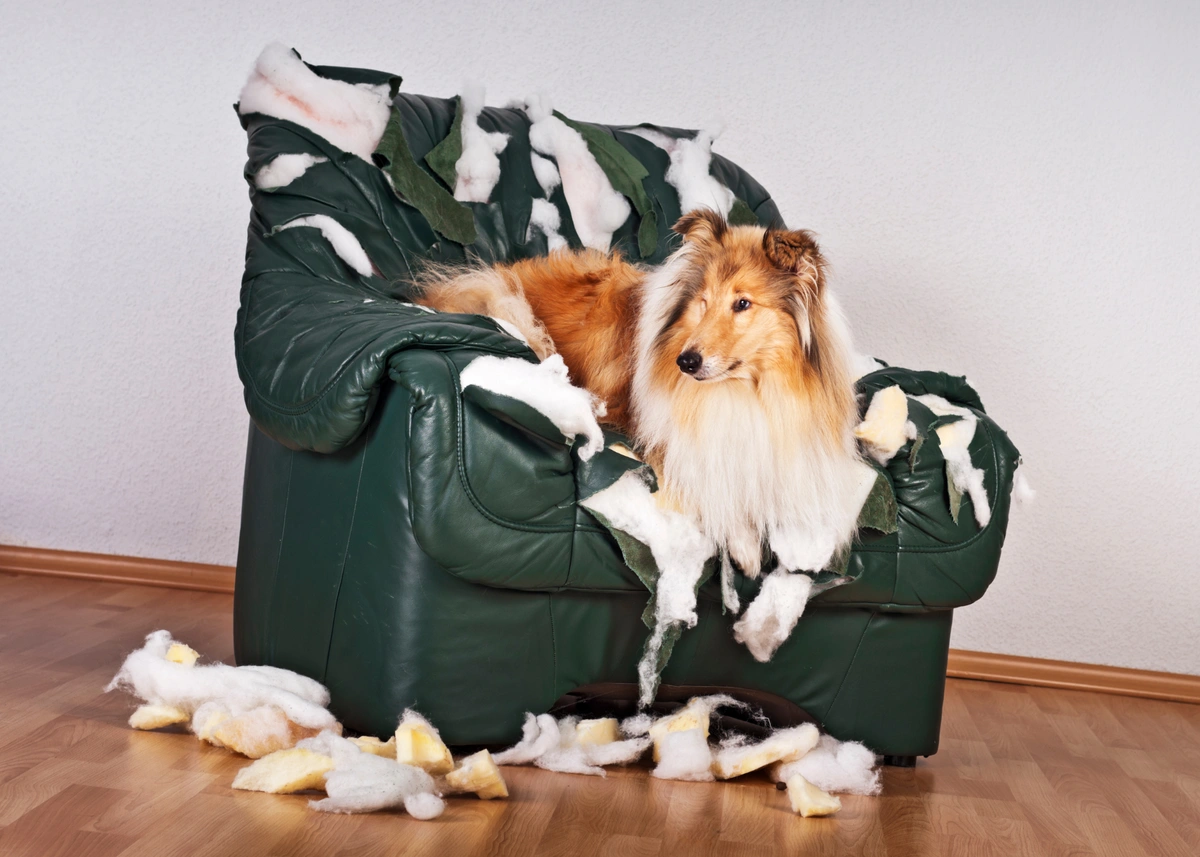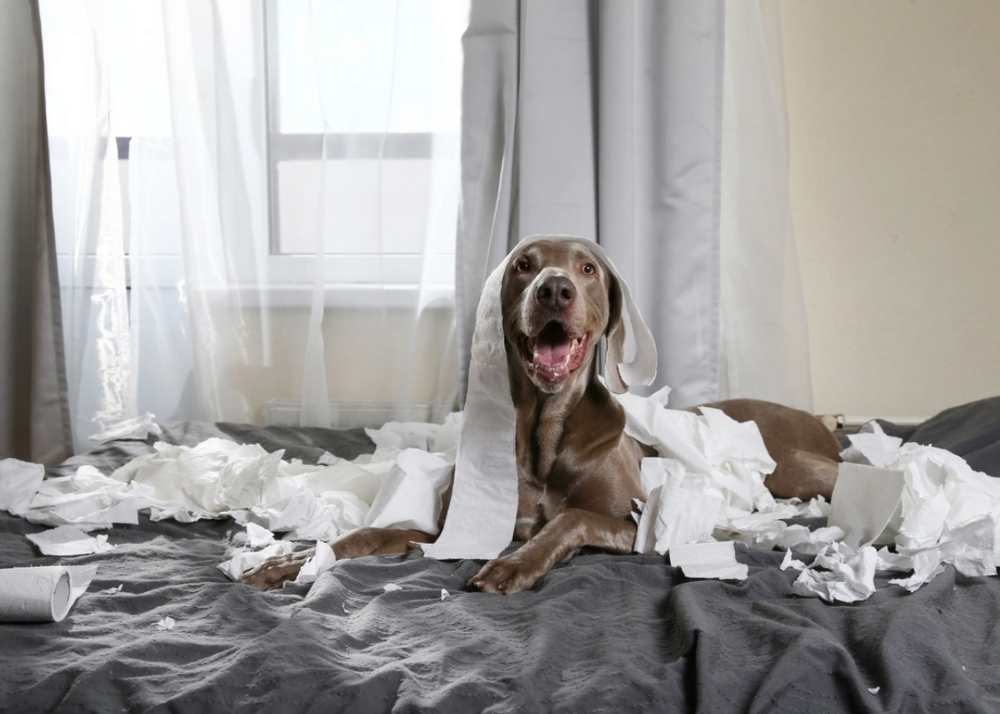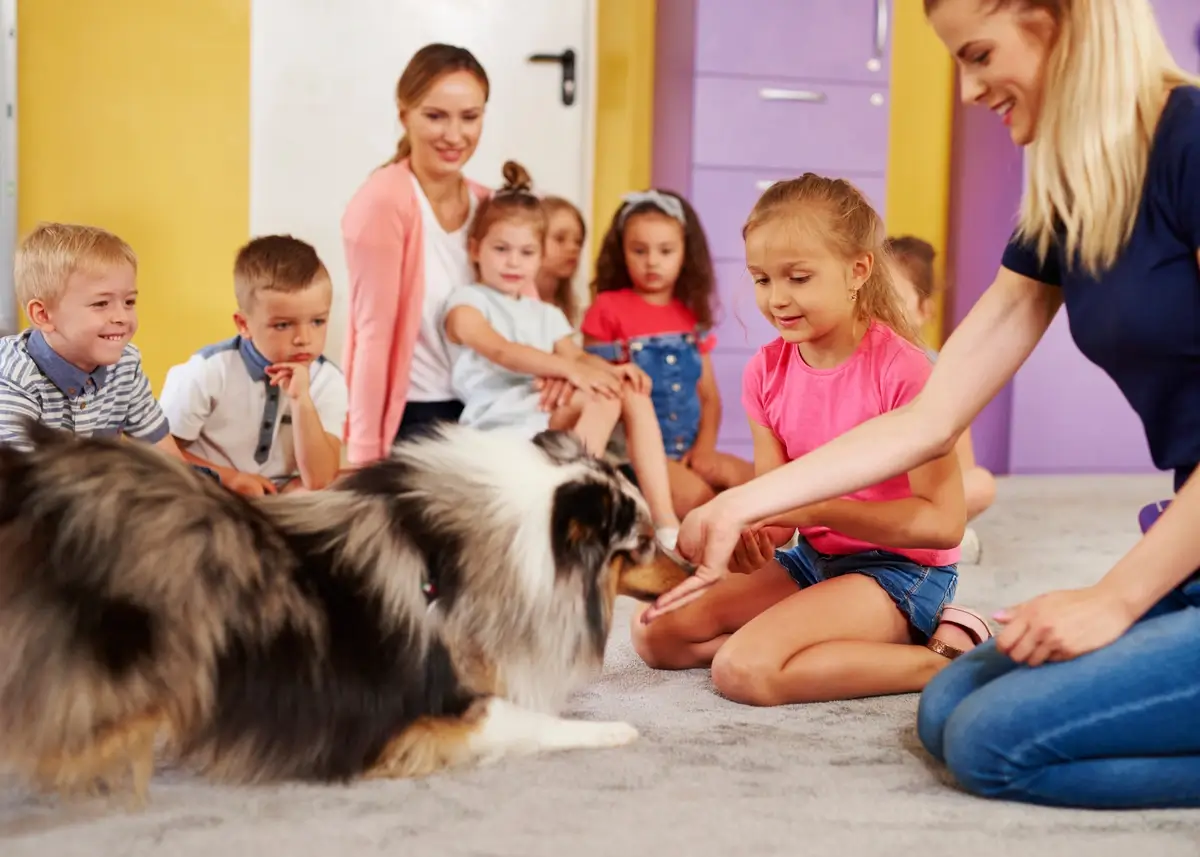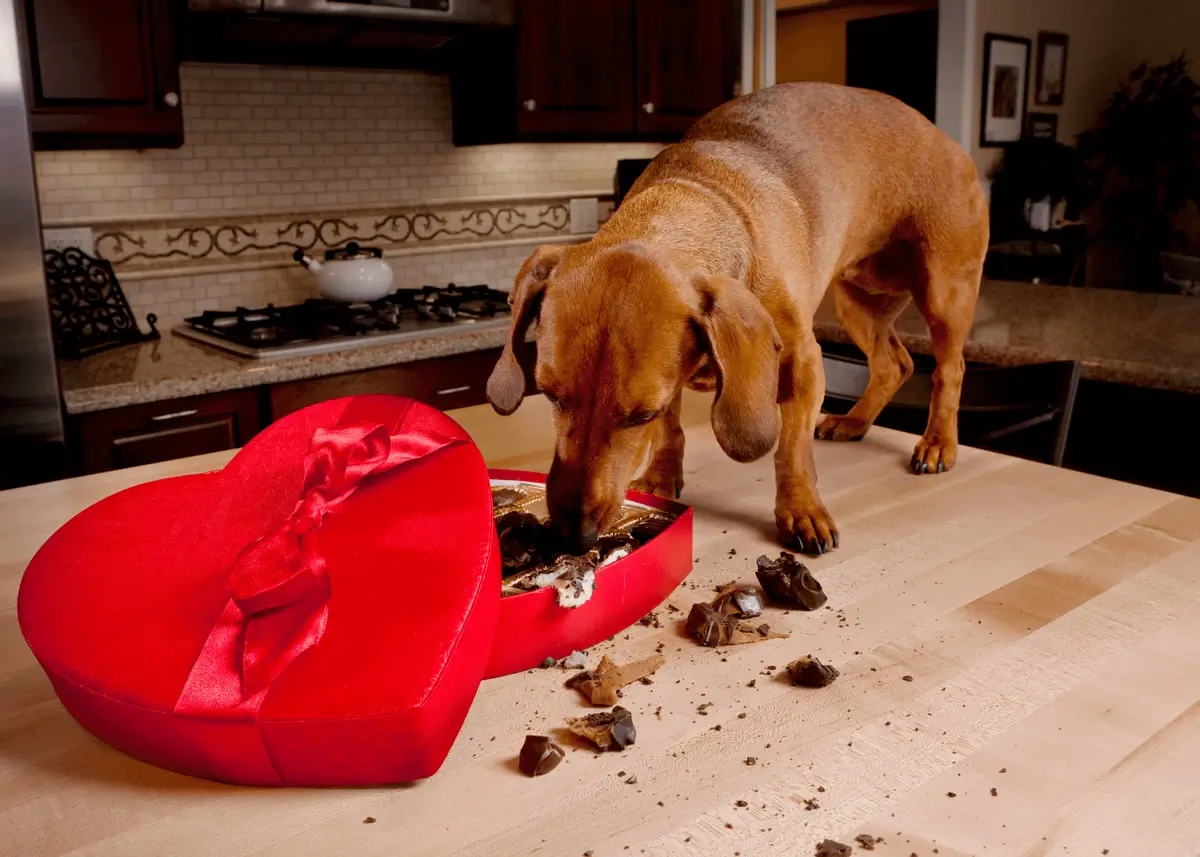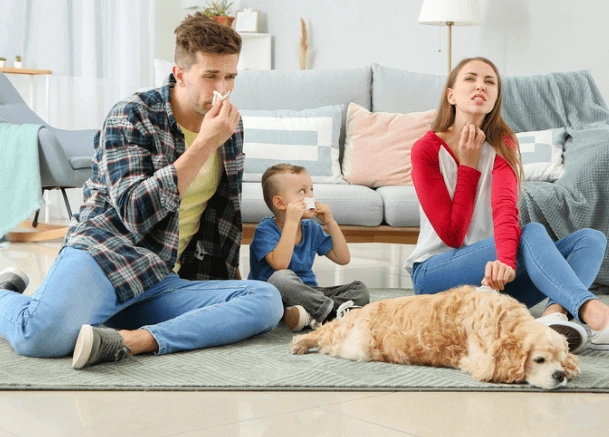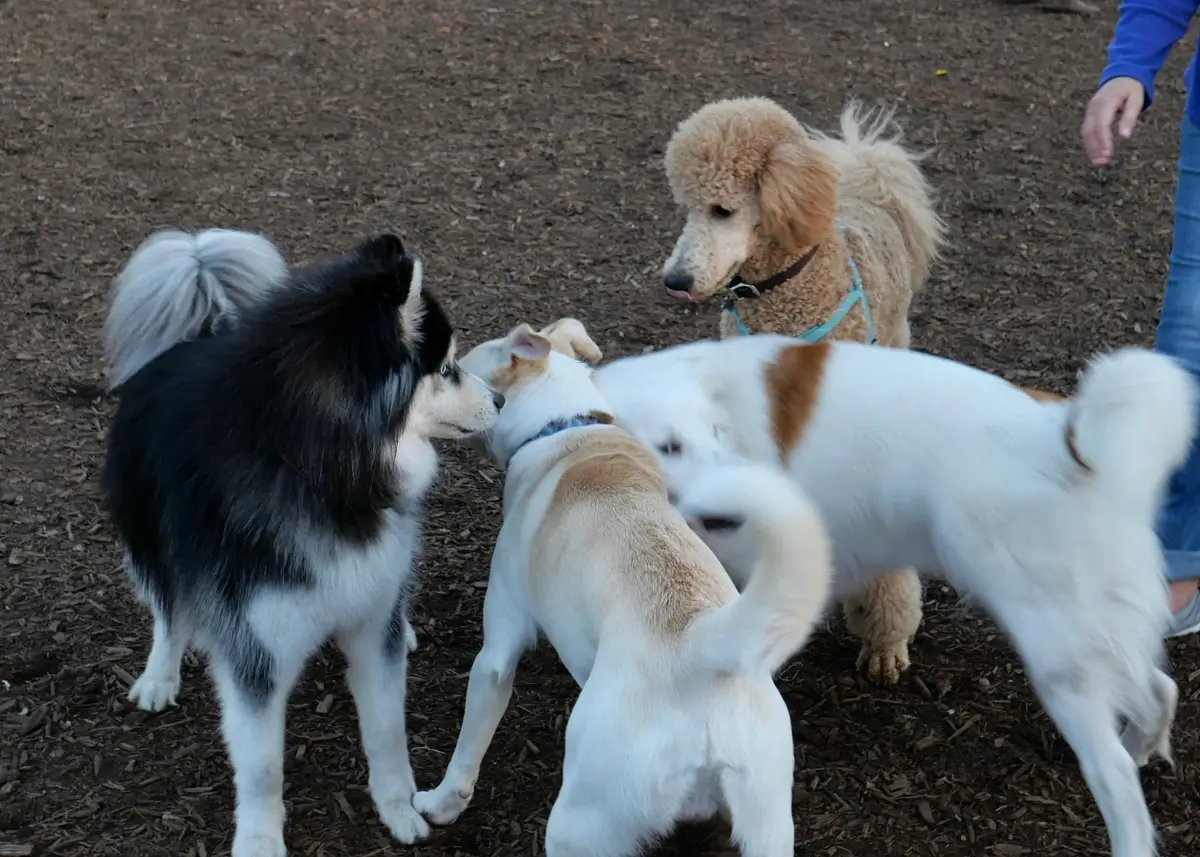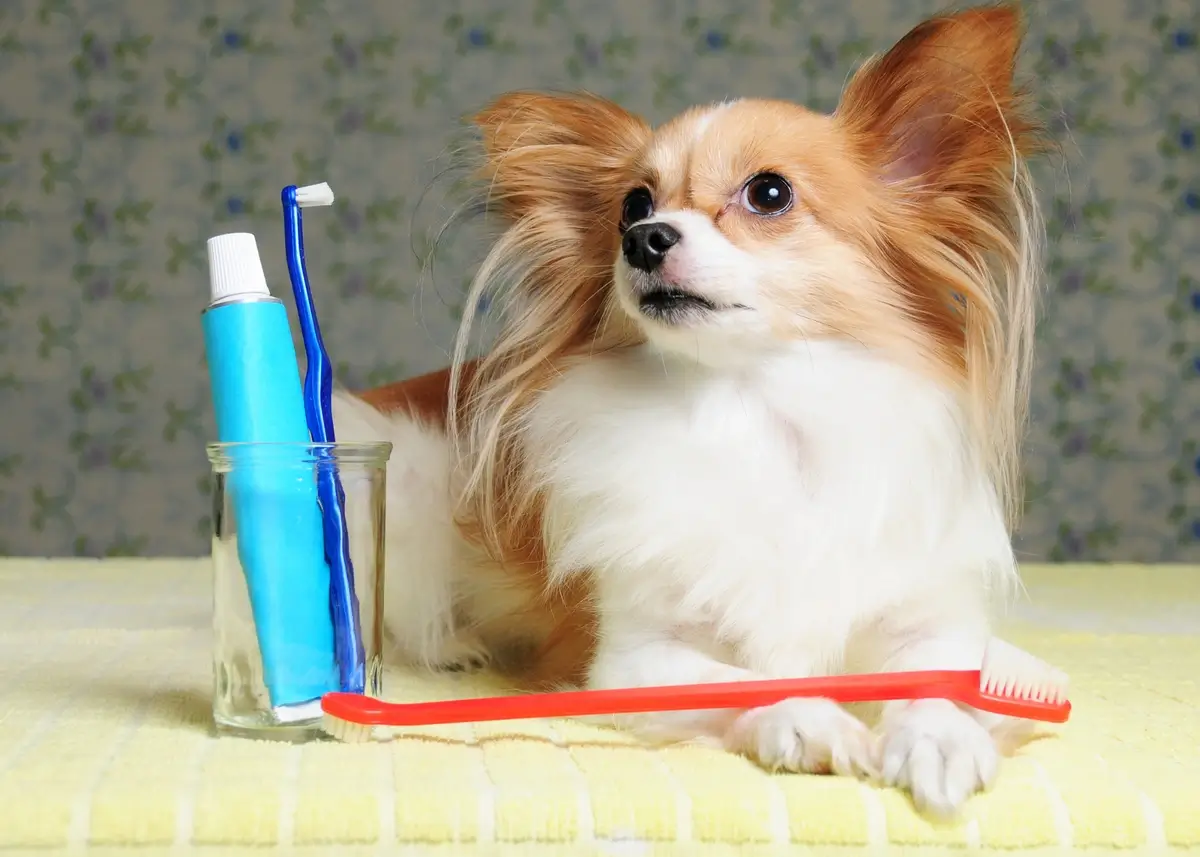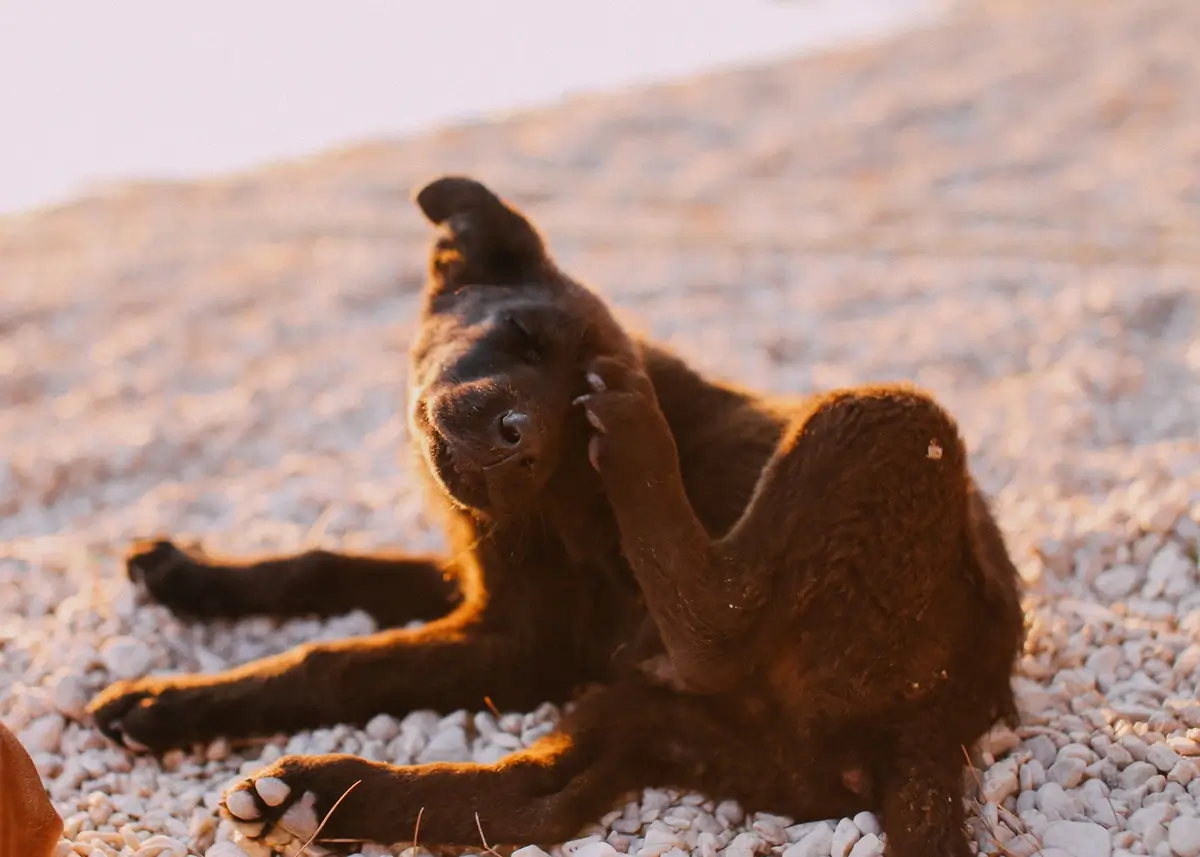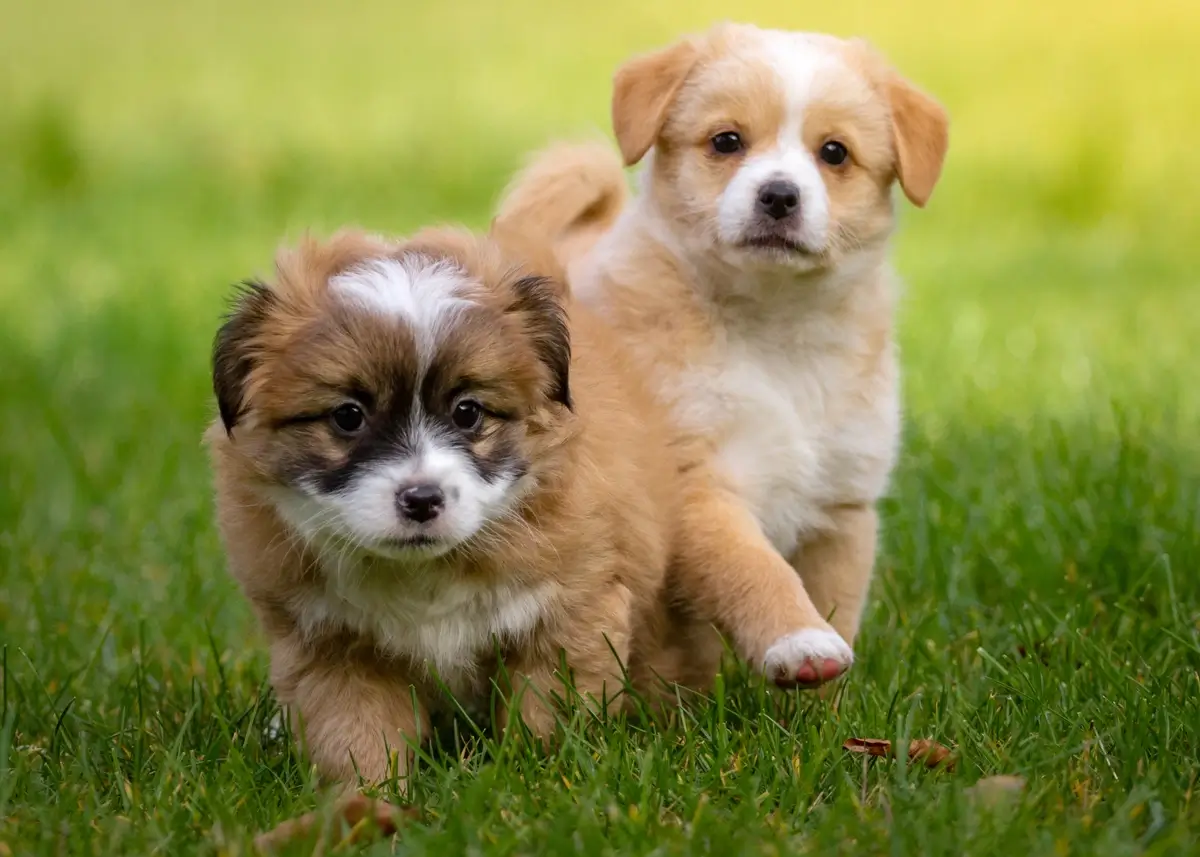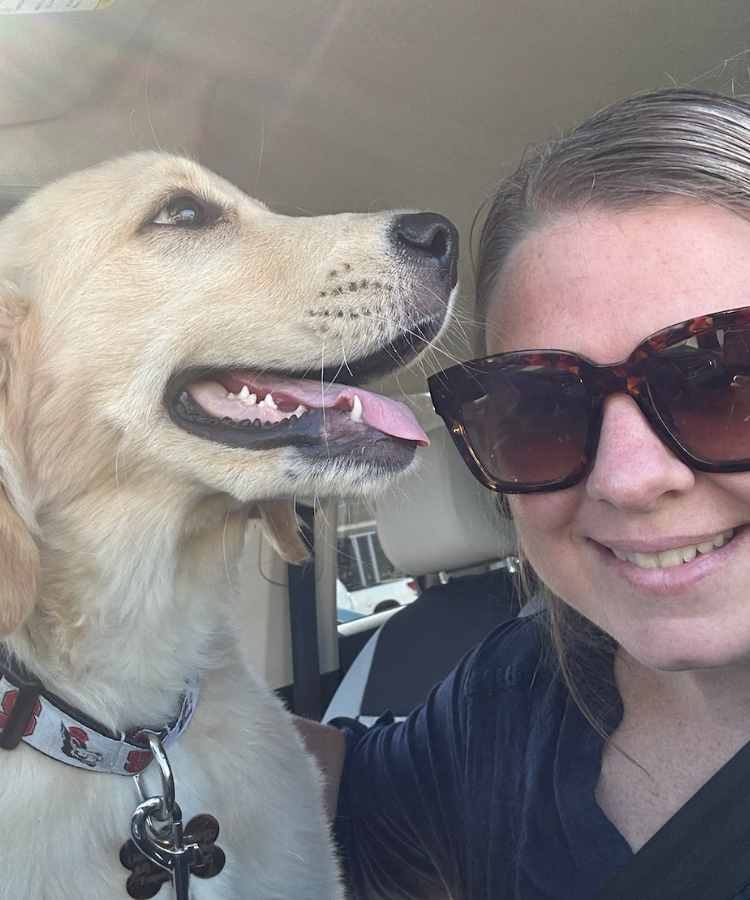Raising a happy, healthy puppy is the goal of all new pawrents. We can’t wait to pamper our sweet bundle of energy and want to give them the best life possible.
However, this doesn’t happen on a whim. It takes a lot of planning and knowing what to consider before bringing home a new puppy. Going in with every aspect covered will give you the peace of mind to proceed confidently when your puppy enters your home for the first time.
Before you bring home your puppy, being aware of these 30 possible mistakes new puppy parents make can help you plan out a most enriching experience for your puppy and know what to expect. A little bit of planning goes a long way!
30 Common Mistakes New Puppy Owners Make and How to Prevent Them
1. Not asking yourself if you are ready for a puppy
Puppies sure are cute! But have you truly thought about questions to ask yourself when getting a new puppy? You can’t lie to yourself, so you’ll need to dig deep and be extremely thorough when thinking through questions, such as:
- What is my lifestyle like? Am I home or gone a lot?
- Do I have a lot of time to devote to training my puppy?
- What do the other members of my household think?
- Am I ready to care for the puppy for its lifespan?
2. Not crunching the numbers
Raising a puppy can be rewarding – and expensive. Always check your budget to see if you can realistically afford a puppy beyond the purchase price and travel before you commit to your puppy. Your costs will not stop when your wiggly friend arrives! Being financially ready to raise a puppy is key to ensuring you can care for them their entire life.
3. Giving a puppy as a gift without thinking it through
Sometimes you want to give a gift of a puppy to a family member. That’s wonderful! However, is the person ready for a puppy? If they are children, are they expected to take care of the puppy? Will the majority of responsibility fall on one person in the household?
4. Not puppy-proofing your home
If you assume you’ll just teach your puppy to stay away from your nice things, we hate to break it to you, but you’ve got to do more work than that to prepare your home for a new puppy. They will chew your furniture corners, steal your most expensive shoes, prefer specialty hiking socks over cheap cotton socks, eat your party decorations, etc.
5. Not asking others what it’s like to raise a puppy
The first day you bring home a puppy is not the time to wing it by figuring it out as you go along. This non-plan is actually a bad plan! You need to go in prepared. Interview people close to you who are fresh out of the puppy stage to get the good, the bad, and the ugly, asking them, “What do you wish you knew before getting a puppy?” They may say, “Where do I even start?” and tell you to grab a beverage and take notes!
6. Ignoring your first-time pet parent status
The last thing you want to do is to choose a breed that requires an experienced person if you have never owned a puppy before. Instead, research the best dog breeds for first-time puppy owners to start with doggy training wheels to get the hang of caring for a four-legged friend first. Once you have more experience, you may decide to go on to breeds that need more guidance.
7. Choosing a puppy based on cuteness alone
Not researching the right dog breed for you can be disastrous. There’s so much more to consider other than the cuteness factor of the puppy. Those puppies can grow rapidly – especially large breeds – and you have to commit to taking care of this puppy for the rest of its life.
8. Not correctly introducing your puppy to your children
If you have children, you’ll need to prepare them for adding a canine companion to your home. Definitely don’t assume they’ll figure it out together. Teaching and enforcing good skills and boundaries are for everyone, puppy and child alike. Spend some time considering ways to introduce your new puppy to your children for a smooth transition.
9. Not having a plan when introducing your puppy to existing pets
When researching puppies for sale, you may wonder which dog breeds get along with other pets in the home. If you have small animals and choose a puppy with a high prey drive, it might not be the best environment for all involved. Be sure to choose a dog breed that gets along well with the existing pets you have. Take steps to ensure you’re introducing your new puppy to existing pets in a way that sets you up for a harmonious household.
10. Failing to train your puppy at all
It may be cute when a small puppy chews on your finger, but there is nothing cute about a 6-month-old puppy with adult teeth coming in to continue to bite now those teeth and jaws are bigger and stronger. Failing to address undesirable behavior in your puppy will lead to an unruly adult. Make sure you correct bad behavior right away so your puppy isn’t always barking at the mail carrier, jumping up on guests, stealing your food off the counter, or knocking down children.
11. Not providing consistent training
Training cannot be done overnight. Many first-time owners might think training a puppy ends after they get their doggy certificate from puppy kindergarten. However, you have to keep reinforcing that training and adding more as they get older. Training is always an ongoing process that should be revisited, tweaked, and continued for maximum effectiveness. It’s always best to use positive reinforcement and lots of praise when teaching your puppy basic commands.
12. Poor nutrition habits
Dogs need a high-quality, nutritious diet. Make sure to choose puppy food based on the recommendations of your breeder and veterinarian so your puppy is getting all the nutrients he or she needs. Never feed table scraps or foods that are toxic to puppies, and be sure to not overfeed your puppy.
13. Not making contingency plans
Sometimes unexpected events will cause you to either go out of town where your dog can’t come with you or have to evacuate with not a lot of notice due to a disaster situation. Knowing how to find a good dog sitter will help you know where to turn when you have unexpected circumstances. Filling a “go bag” with extra food, water, important paperwork, and other items to last a few days is important when making your pet disaster preparedness plan.
14. Not checking cleaning supplies
Puppies make lots of messes! But before you go straight for the bleach, first understand which products are poisonous for dogs. Always choose non-toxic, pet-safe cleaning supplies and products that you can use around your dog without worrying about poisoning them!
15. Not thinking about if your living space fits your puppy
A little 8-week puppy may fit on your lap, but they will grow rapidly in the first year (and beyond if they’re a bigger breed). It may be counterintuitive to ask, but do you have enough living and transportation space for a fully-grown adult dog? Some breeds grow to be over 100 lbs. You want to ensure your living space has enough room for you, your household members, and your dog to interact. You’ll also want to make sure your vehicle is able to transport everyone and their equipment if you want to take your dog on an adventure with the family.
16. Not thinking about allergies
If you want a dog but keep sneezing when you get around most dogs, you will definitely need to look into getting a breed that is considered a hypoallergenic dog. These dogs do not shed as much dander, which causes irritation and unpleasant reactions for people suffering from allergies.
17. Ignoring your medical conditions
We’re not trying to pry, but be practical. Given your current health, are you able to fully care for a puppy? Consider the state of your health. If you are looking for a guide or comfort therapy dog, we have a variety of breeds that have proven to be wonderful assistants to their owners. Likewise, we have fantastic emotional support animal dogs that will comfort you and be your companion in times of need. When you think of your medical needs, you can choose a breed that you’re able to take care of and that will provide the type of assistance you require.
18. Will you want a dog with a job?
In addition to great therapy dogs, Pawrade offers a huge variety of working, sporting, and hunting dogs. If you’re planning on utilizing your dog’s instinctive nature to become a dog with a job, we’ve got the perfect breeds for what your wishes are, whether it’s duck hunting, agility, conformation, search and rescue, police and military, family-friendly guard dogs, and more.
19. Skip out on socialization
Your puppy should be exposed to all sorts of sensations, sounds, and normal environmental factors that will be present in their lifetime. It’s vital a puppy get as many socialization opportunities during those first few months of development to learn how to be a good dog that gets along with both humans and animals, especially if you have guests, children, neighbors, other pets, or take them out in public.
20. Not matching your puppy’s activity level
If you’re a sedentary person, it’s not fair to you or your dog to get a high-energy puppy that needs lots of exercise. In contrast, you don’t want to overexert a mellow breed with long hikes if the dog simply isn’t built that way. Always buy a dog breed that matches your current activity level instead of the one you wish you had.
21. Not staying organized
When you have a puppy, you’re going to have a lot of paperwork from the breeder, bills and instructions from your veterinarian, registration applications, receipts from shopping trips, supplies, and more! Puppies come with a LOT of stuff. Be sure to organize your pet supplies and puppy-related items to get a handle on things before they get out of hand – like your dog’s wardrobe!
22. Ignoring dental care
Just like humans, you’ll need to pay attention to proper dental care for puppies. Not only does regular dental care keep your puppy’s teeth clean, but it can also prevent severe health problems down the road. Regardless of size, all dogs have the same amount of teeth. A smaller breed may have more issues with crowded or impacted teeth.
23. Neglecting grooming needs
Even the most low-maintenance dog breeds will need to be groomed. All dogs will need to have a clean, healthy coat, trimmed nails, clean teeth, and eyes and ears monitored. There are several benefits to grooming your dog that you might not even be aware of, so be sure to educate yourself on the best way to groom your breed.
24. Failing to prevent fleas, ticks, and heartworm
Prevention is the #1 way to avoid awful health problems due to fleas, ticks, and heartworm. Set an alarm once a month to give your puppy preventative medication to stay on top of protection. A flea infestation in puppies can cause anemia, ticks can cause Lyme disease in dogs, and heartworm in puppies can have detrimental and even fatal effects if left untreated. Work with your vet to get on a regimen that works for your puppy.
25. Not completing all core vaccines
When you buy a young puppy, it will arrive with the first rounds of necessary scheduled vaccinations, but your responsibility doesn’t end there. All puppies will need to continue visiting the veterinarian to complete their core vaccinations all puppies need. While you’re at your well-visit appointments, you can discuss other vaccinations necessary for your region, lifestyle, and other circumstances, and when to get them.
26. Not understanding puppy body language
Learning to recognize your puppy’s body language and signals will help strengthen your bond and provide a calm, stress-free life with your growing puppy. You can watch for cues when your puppy is overstimulated, nervous, or anxious and respond accordingly.
27. Not providing a routine for your puppy
All puppies do best when they know what is expected of them. Decide the best routine for your puppy that everyone in the house can follow. It will take adjustments on both the canine and human sides, but with consistency, a routine will be your lifesaver as your puppy grows older and becomes a cherished member of the family.
28. Failing to potty train your puppy
Some puppies hardly need any guidance and hate to soil their environment. Other puppies won’t care and will go wherever they feel like it. To maintain a sanitary home, it’s vital you begin potty training your puppy the day they come home. Pick a spot where you want your puppy to eliminate, whether it’s a pee pad to gradually move outside or a spot in your yard that doesn’t kill your grass. With regular consistency and patience, you will have your puppy potty trained in no time.
29. Not selecting the right veterinarian
Some big-box stores can, unfortunately, capitalize on the fact that you are a first-time owner with a puppy, and all they see are dollar signs instead of a living, breathing animal. They will sell you unnecessary services and give a one-size-fits-all protocol. Instead, choose the right veterinarian that understands your breed, what puppies need, and fits other criteria important to you.
30. Using physical force
You cannot hit, strike or smack your puppy, or give them swats to the nose. Never rub their face in their potty accidents. They will learn to fear you instead of the thing you got mad about, and it will backfire right in your face! Raising a puppy is a true test of your patience! Rise to the occasion and hang in there.
Buy a Pawrade Puppy to Avoid Making Heartbreaking Mistakes
When you buy a puppy for sale through Pawrade, we will help you avoid the following mistakes and pitfalls we’ve seen in other places:
- Pawrade is not a scam. We offer secure, safe transaction management via PetPay and will never ask you to pay using gift cards or money grams. Be sure to check out our customer testimonials and our reviews on Trustpilot.
- Pawrade offers a 3-year health guarantee and puppy contract for all puppies purchased through Pawrade outlining each party’s responsibilities.
- We will never allow puppies to go home younger than 8 weeks old to protect the health of the puppy.
- We do not support puppy mills in any way, shape, or form. We hate them just like you do! Pawrade has an extensive network of trustworthy, vetted breeders that care about your puppy the way you do and are experts in the breeds they offer.
Now that you are ready to avoid mistakes you might not even know you’re making when owning a new puppy, check out our puppies for sale!
